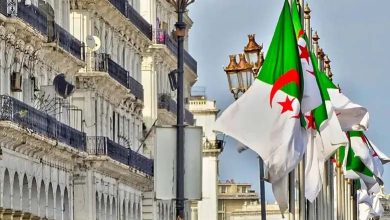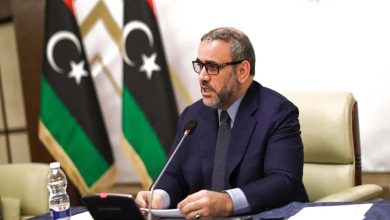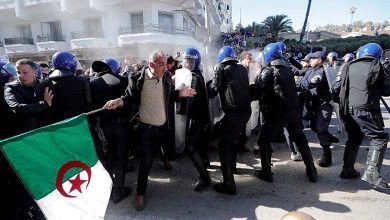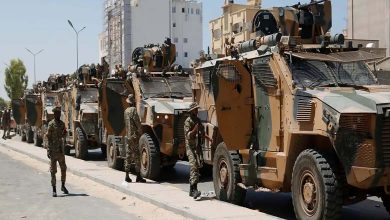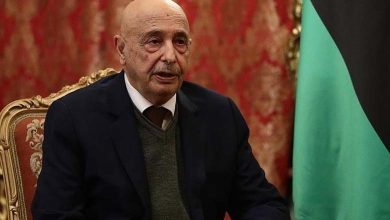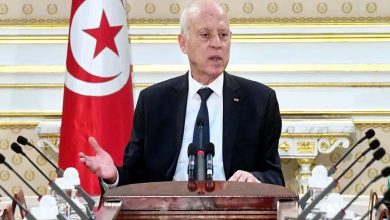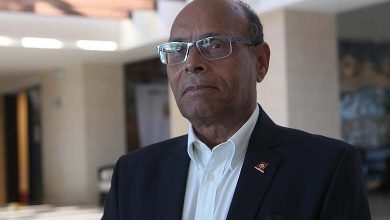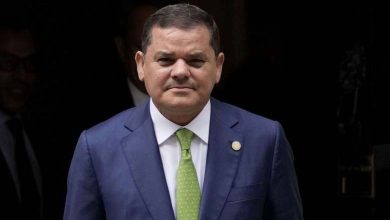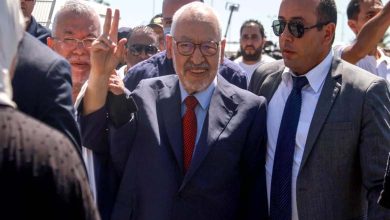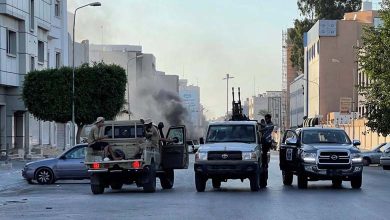Takala Ousts Al-Mishri in Presidential Council Election

It’s not immediately clear how the election of Takala will impact State Council discussions with the House of Representatives regarding election regulations or the councils’ efforts to remove Dbeibeh.
The High Council of State in Libya elected Mohammed Takala as its president on Sunday, replacing Khalid al-Mishri, deepening uncertainty over government control and the prospects of proceeding with elections.
Based in Tripoli, the High Council of State holds political influence under the terms of the 2015 Political Agreement and engages in negotiations with the Libyan House of Representatives, which is headquartered in the country’s east.
Abdul Hamid Dbeibeh, the Prime Minister of the Government of National Unity, previously tweeted, “I congratulate Mr. Mohammed Takala on gaining the confidence of the High Council of State members in the presidential election and commend his role in supporting the Libyan people’s will to hold elections and complete the transitional phases.”
Takala ousted al-Mishri in the second round of voting with 67 votes to 62 for Al-Mishri, who led the council since 2018. Subsequently, Al-Mishri congratulated Takala.
The High Council and House of Representatives are negotiating the electoral roadmap under UN pressure, but both seek to replace the Government of National Unity, based in Tripoli, before any national elections.
However, the head of this government (Dbeibeh), considered a political rival to both Al-Mishri and House of Representatives President Aguila Saleh, states that he will not leave his position until after the elections. He managed to thwart brief armed attempts last year to remove him.
It’s not immediately clear how the election of the Takala will impact State Council discussions with the House of Representatives regarding election regulations or the councils’ efforts to remove Dbeibeh.
The newly elected council president remarked after his election that regional external interventions and the ongoing turmoil in the Middle East and North Africa are well-known to everyone. He emphasized the need to mend internal divisions to shield Libya from the harms of conflicts and wars. He called on all state institutions to communicate and work towards creating a conducive environment for construction and fostering trust among Libyans.
He pledged that the High Council of State would do its utmost to prepare for the elections, adding that the council would work to reactivate national reconciliation based on the terms of the political agreement.
International diplomacy has long focused on presidential and parliamentary elections as a decisive factor for a lasting solution to the conflict in Libya. The House of Representatives, and the High Council of State, now faces skepticism about their legitimacy.
The House of Representatives was elected for a four-year term in 2014, but the former council, elected in 2012, rejected the legitimacy of the elections. The Supreme Court invalidated the voting legitimacy amid divisions between eastern and western factions in a new chapter of the civil war.
Libya has not experienced significant peace or stability since the 2011 uprising supported by NATO. Major combat ceased only after a ceasefire agreement was reached in 2020, facilitated by the United Nations, steering towards new elections during the temporary tenure of the Government of National Unity led by Dbeibeh.
Initially, the High Council of State and House of Representatives voiced support for Dbeibeh, but they did not agree on the governing rules of the elections, and the planned vote was canceled shortly before it was scheduled in late 2021. Since then, both councils have refused to allow Dbeibeh to continue in his position and have called for the formation of a new interim government.
UN diplomatic efforts have continued to persuade both councils to agree on election rules, but a significant number of Libyans believe that the House of Representatives and the High Council of State are not eager to hold elections that would end their mandates.


